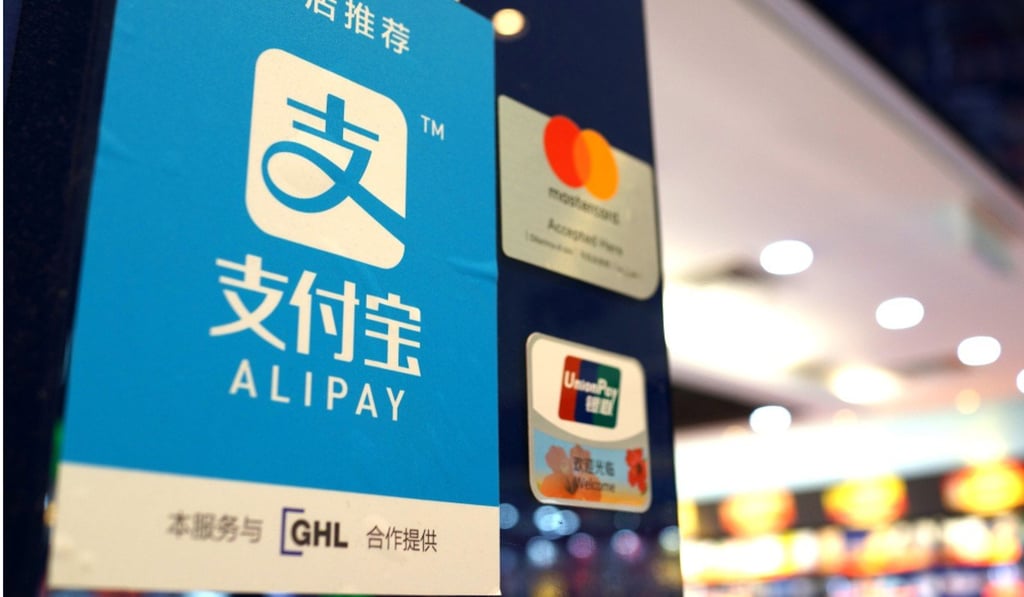Hongkongers are the world’s most reluctant online shoppers, but try stopping the Chinese
- The 2019 FIS Retail Global Payments Report shows Hongkongers spend the least in online retail shopping at 4 per cent of overall purchases
- China continues to lead the world in digital wallet adoption and online shopping

Hongkongers just won’t shop online, while the Chinese can’t get enough of it.
Only 4 per cent of overall retail spending in Hong Kong was conducted online, compared to 24 per cent on the mainland – the highest of any nation, the FIS 2019 Retail Global Payments Report showed last week.
The report surveyed online and offline retail payment patterns of people in 16 countries, including Japan, China, the US and the UK, covering 80 per cent of global retail e-commerce and 60 per cent of physical transactions. The average of all nations surveyed was 9.7 per cent.
The report showed that digital wallets – such as Alipay, WeChat Pay and Pay Pal – continue to grow in usage, particularly in China. Chinese shoppers used digital wallets in record numbers, accounting for 64 per cent of e-commerce and 40 per cent of in-store payments.

Alipay and WeChat Pay dominate the market, accounting for more than 90 per cent of mobile payments. Just 21 per cent of the value of offline retail transactions was in cash.